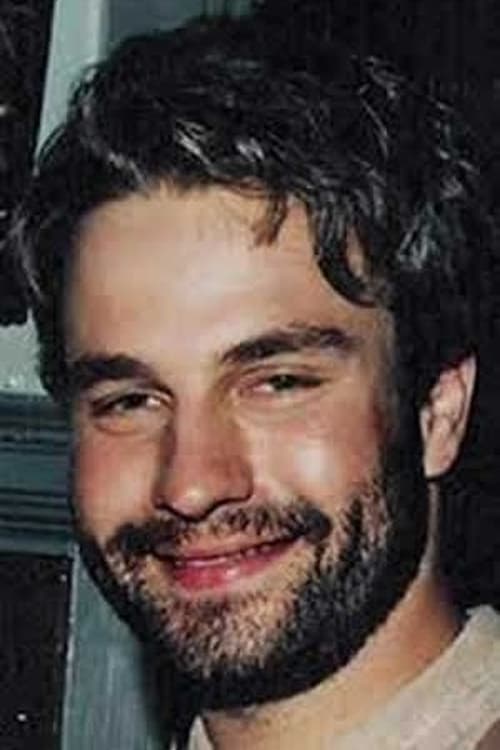Alexandre Paternost
Birth : , Brazil
History
Alexandre Paternost (São Paulo, July 1, 1971) is a Brazilian actor. He began his artistic career in the films A Causa Secreta and O Quatrilho, attracting the attention of SBT executives, who then hired him for the young telenovela that the station produced in 1996, Colégio Brasil, starring Patrícia de Sabrit, which was a relative success despite of various changes over time. With the premature end of the telenovela, Alexandre migrated again to cinema and participated in films such as A Paixão de Jacobina and the remake of the classic O Cangaceiro, whose original version had been produced in 1953.




